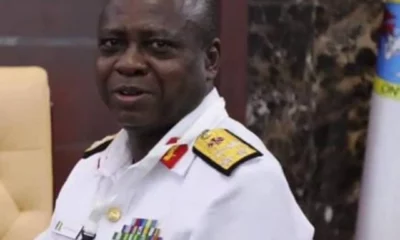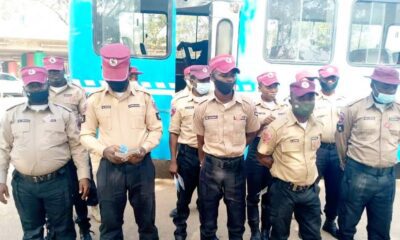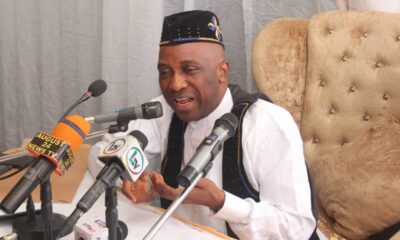A B.C. First Nation in the Southern Gulf Islands says more than 160 undocumented and unmarked graves have been found on the site of a former residential school within their territory.
The Penelakut Tribe issued a letter on Thursday saying the graves were found on the grounds of the former Kuper Island Indian Industrial School, which was located on what is now known as Penelakut Island between Vancouver Island and mainland B.C.
The letter was shared on social media by the nearby Cowichan Tribes on Vancouver Island and other local First Nations.
The Penelakut Tribe said it is holding several events in late July and early August to bring awareness to the discovery and to allow survivors of the residential school to heal.
Read more:
‘Look for our children’: New AFN chief says every residential school will be examined
“We understand that many of our brothers and sisters from our neighbouring communities attended the Kuper Island Industrial School,” the letter from Chief Joan Brown reads. “We also recognize with a tremendous amount of grief and loss, that too many did not return home.
“We are at another point in time where we must face the trauma because of these acts of genocide. Each time we do, it is possible to heal a little more.”
Global News has reached out to the Penelakut Tribe for further information about the discovery.
The Kuper Island Indian Industrial School was operated by the Roman Catholic Church from 1890 until 1969, when the federal government took it over. The school was closed in 1975 and the building was demolished in the 1980s.
The National Centre for Truth and Reconciliation at the University of Manitoba lists the names of 120 students who died while attending the Kuper Island school. The dates of death are not known for 22 of those students.


According to the Centre, a survey carried out in 1896 found that out of 264 former students, 107 had died.
In 1959, two sisters drowned while trying to escape the school, the Centre says, while another student committed suicide in 1966. A former employee pled guilty in 1995 to three charges of indecent assault and gross indecency.
Brown said a March for the Children will be held on Aug. 2 in Chemainus, B.C., on Vancouver Island to commemorate the newly discovered remains.
Healing sessions will also be held for local and neighbouring First Nation members on Penelakut Island on July 28 and Aug. 4. The Penelakut Tribe has invited non-Indigenous people to these sessions “to witness our truths.”
Read more:
Canada needs special prosecutor to investigate crimes at residential schools, Nunavut MP says
The discovery on Penelakut Island comes after several similar discoveries were reported on the grounds of former residential schools across Canada.
In May, the remains of what’s believed to be 215 children were found at the site of what was once the Kamloops Residential School in B.C. That was followed in June by discoveries in Brandon, Man., Saskatchewan’s Cowessess First Nation and Cranbrook, B.C.
To date, the number of remains reported to be found across the country totals well over 1,000.
The Tk’emlúps te Secwépemc First Nation is expected to detail its findings at the former Kamloops school on Thursday.
Some 150,000 First Nations, Metis and Inuit children were forcibly sent to residential schools, where many suffered abuse. Ongoing research by the National Centre for Truth and Reconciliation shows at least 4,100 died in the schools amid neglect.
The Indian Residential Schools Resolution Health Support Program has a hotline to help residential school survivors and their relatives suffering trauma invoked by the recall of past abuse. The number is 1-866-925-4419.
Must See
-
Other Sports
/ 4 months agoTransfer: Galatasaray target January move for Onyedika
Turkish Super Lig champions Galatasaray are lining up a January move for Club Brugge...
By Amaka Esther -




Other Sports
/ 4 months agoMan Utd too big for you – Ten Hag told to leave club
Former Tottenham Hotspur star, Darren Bent has claimed that Manchester United are too big...
By Amaka Esther -




Other Sports
/ 4 months agoEPL: Yorke tells Ten Hag not to allow Man Utd star near first team
Manchester United legend Dwight Yorke has told manager Erik ten Hag not to allow...
By Amaka Esther








